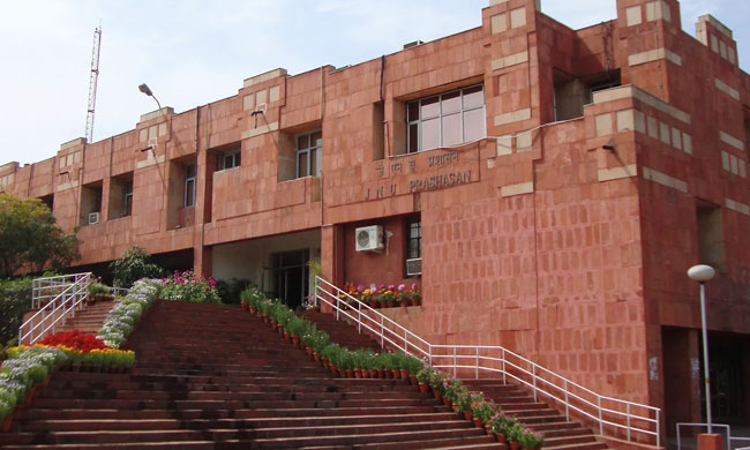The Jawaharlal Nehru University has informed the Delhi High Court that the allocation of 100% PhD Seats to JRF category candidates for the academic session 2021-22 in selected centres is a well-considered policy decision taken by the highest body of academic experts which is the University's Academic Council in conformity of UGC Regulations 2016.The development came after a short affidavit...

